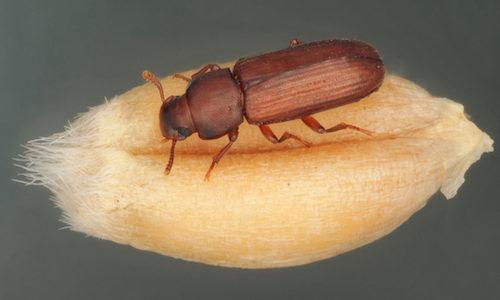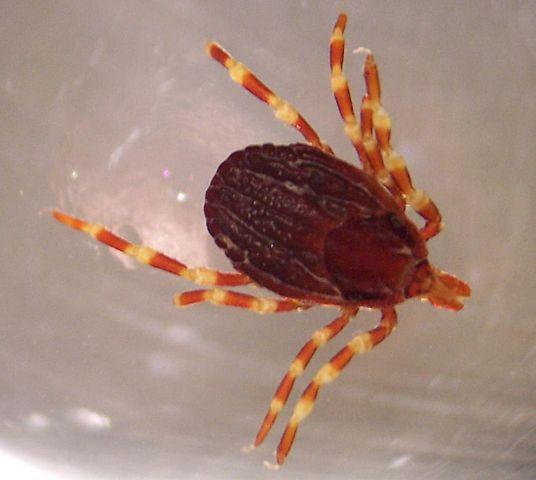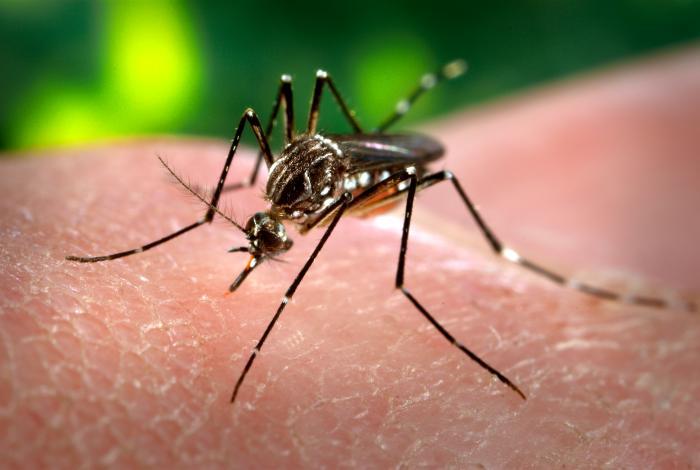Use of nanoemulsion as a pesticide against flour beetles

The essential oil-based nanoemulsion H. voyronii can be an effective and environmentally friendly solution against flour beetles.
Hyalomma tick, the principal vector for Crimean-Congo hemorrhagic fever, have been found in Hungary

The ticks of the genus Hyalomma are not native to Hungary, but due to climate change they may colonise this region.
Nickel and heavy metal content in baby food

A German study found that baby food with the organic label had a higher nickel content than other samples. A study in the US looked at heavy metal contamination in baby food.
Vitamin D in food supplements

When it comes to food supplements fortified with vitamin D, it is very important to pay attention to the correct dosage and to follow the instructions for taking them. For infants and young children, only preparations manufactured under pharmacy conditions should be used.
Coumarin in food supplements
The French authority has made a risk assessment for food supplements containing coumarin.
New way to protect plants against pathogenic bacteria
A new strain of Bacillus subtilis has been developed to enhance the defence of plants against pathogenic bacteria. These activities are promising areas of rhizomicrobiome research as they may have unexpected influences on complex interspecies interactions, about which little is known at present.
Effect of TBHQ (E319) food additive on the immune system
TBHQ, which is a preservative used in many processed food, has been found to harm the immune system both in both animal tests and in in vitro toxicology testing. This finding is of particular concern during the coronavirus pandemic.
Staphylococcus saprophyticus responsible for urinary tract infections has been identified as a foodborne pathogen
The meat industry may be a possible major source of S. saprophyticus, which causes human urinary tract infections (UTIs).
Mosquito vector control with new technologies

Malaria, dengue fever, Zika fever, chikungunya fever - all are zoonotic diseases dangerous to humans which are transmitted by mosquitoes. The scientific community is investing considerable effort to contain them. As they become increasingly resistant to pesticides, new technologies are being developed.
Circular economy: using waste as fertilising products
Promoting increased use of recycled nutrients would help to develop a circular economy and allow for a more resource-efficient overall use of nutrients, but attention needs to be paid to the heavy metal contamination of fertilising products.
